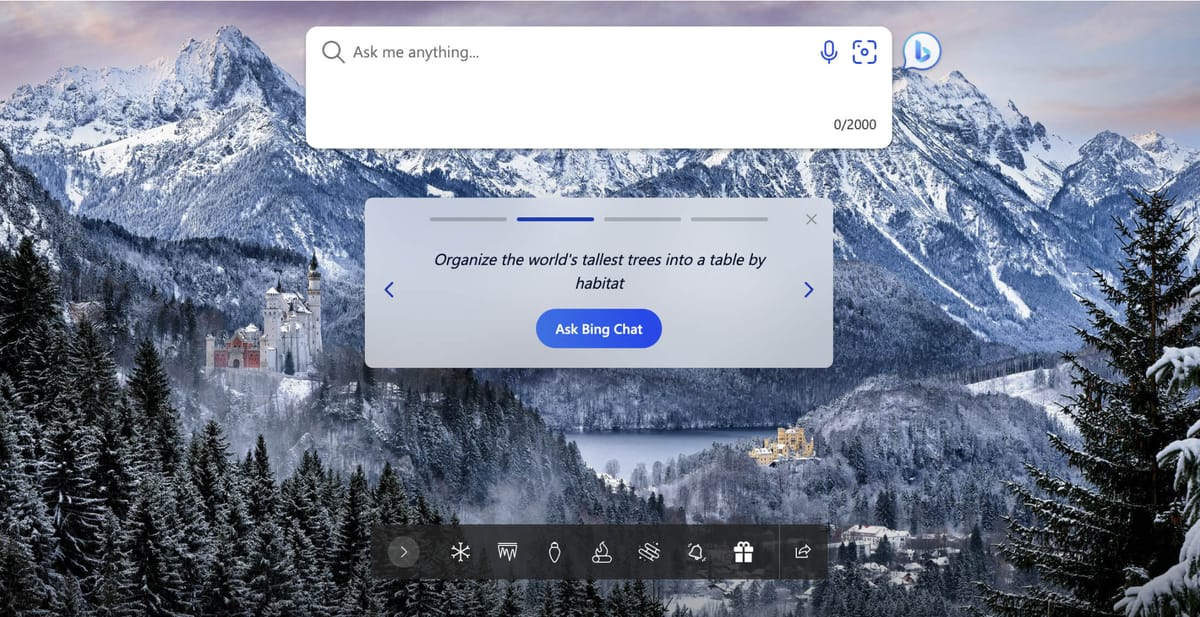
Microsoft has announced Deep Search, a new experimental feature for its Bing search engine that aims to provide more comprehensive and relevant results for complex search queries. Deep Search represents the latest evolution in Microsoft’s efforts to understand user intent and satisfy information needs.
According to Microsoft, Deep Search addresses a common pain point in search: when users have specific, nuanced questions, typical search engines often fail to fully understand the ask or return adequate answers. Deep Search attempts to remedy this by utilizing large language models to parse queries in greater detail.
For example, if a user searches “how do points systems work in Japan,” Deep Search would generate an expanded description capturing key details like the benefits and limitations of loyalty programs, popular participating merchants, and comparisons to other payment methods. This richer interpretation of the query enables Deep Search to go substantially deeper into the web to locate pertinent content.
Some searches are ambiguous, with multiple potential meanings. Deep Search handles this by getting alternative interpretations from the language model, displaying them in a disambiguation pane, and letting the user select the intended one. This ensures comprehension of the specific information need.
Armed with a more robust understanding of intent, Deep Search automatically broadens the original query by generating additional relevant search phrases. Rather than just searching for the submitted keywords, it may also look for combinations like “loyalty card programs Japan” or “best loyalty cards for travelers.” This expanded repertoire allows Deep Search to discover more niche content.
After aggregating a vast collection of web pages, Deep Search evaluates and ranks each result by relevance to the enhanced search description. This considers factors like topical match, level of detail, source credibility, freshness, and more. The end product is a tailored set of highly pertinent answers.
Obviously, increased depth comes at the price of speed. While regular Bing searches take less than a second, Microsoft says Deep Search may require up to 30 seconds to generate enriched results. This incremental time commitment restricts the feature’s universality. However, for in-depth research queries, additional wait time could prove worthwhile.
Microsoft is currently testing Deep Search with small groups of Bing users worldwide to refine the technology before considering a wider launch. Deep Search joins other GPT-4-enhanced Bing features like Copilot, Image Creator, and relevance-ranked web results. With each innovation, Microsoft aims to push search to new heights in understanding human information-seeking behavior.

